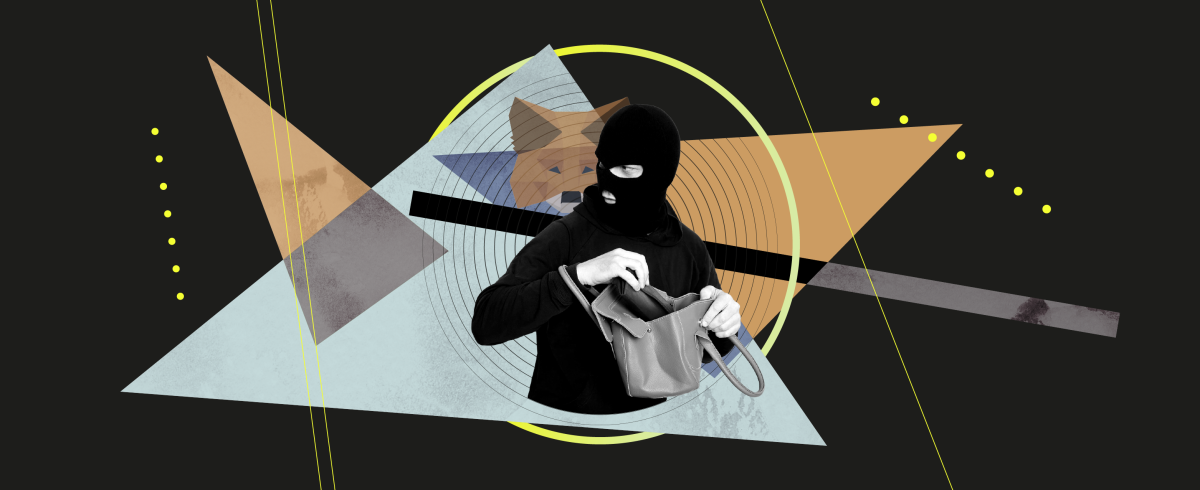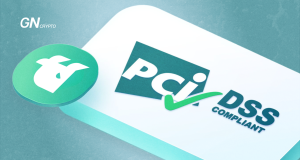Metamask warned users about phishing risks

The risk of cryptocurrency theft today is statistically no less likely than fraud with your funds on bank cards, or the physical stealing of cash. One can say that hacker technologies are progressing as quickly as the crypto market is evolving.
On this page
In this regard, the constant concern for the security of digital assets becomes a basic user skill. One of these skills is anti-phishing activity. Particular attention to this area has to be paid by the owners of “apple” gadgets. On April 17, 2022, the developer of one of the most popular software wallets, Metamask, notified users about the discovery of a new application vulnerability on iOS devices.
The problem lies in the possibility of phishing (interception) of the secret phrase to wallets, which is stored as part of an automatic backup in iCloud. Attackers can compromise it through an unauthorized reset of the Apple ID password, as well as take advantage of all the user’s personal information stored in the cloud.
As is the case with road signs on highways, the minimum required levels of web security become clear only after real excesses and the conclusions drawn from them. An analysis of several cases of the theft of NFTs and other digital tokens from Metamask wallets revealed such a method of hacking.
To mitigate these risks, the Metamask team suggests that users either disable the backup entirely or manually select the option to disable backup for software wallets.
Instructions for the relevant settings:
The question “Where is the safest place to store cryptocurrencies?” remains debatable. But no matter what method you choose – exchange, hardware, software wallets, staking, farming, or just a good old hard drive – you will have to admit the fact that hackers are interested in your funds right now.
The content on The Coinomist is for informational purposes only and should not be interpreted as financial advice. While we strive to provide accurate and up-to-date information, we do not guarantee the accuracy, completeness, or reliability of any content. Neither we accept liability for any errors or omissions in the information provided or for any financial losses incurred as a result of relying on this information. Actions based on this content are at your own risk. Always do your own research and consult a professional. See our Terms, Privacy Policy, and Disclaimers for more details.



























